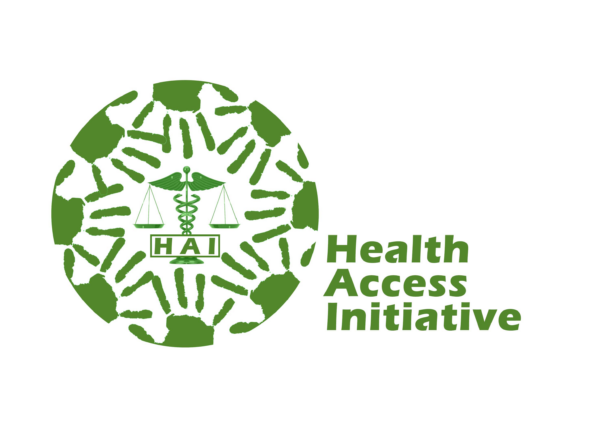Resilient Riverbank
Health Access Initiative (HAI) is taking concrete action to link climate and health.

Overview of the project
The Resilient Riverbank Project is a community initiative led by Health Access Initiative (HAI) to address recurring flooding challenges in vulnerable neighbourhoods located on the riverbanks in Cotonou, particularly Ladji and Vossa. Recognising the human, material and economic losses associated with seasonal flooding, the project takes an integrated approach to improving the resilience of the most vulnerable populations. This involves installing early warning beacons to quickly inform the population in the event of rising water levels; raising awareness and supporting certain households in raising their stilt houses to a height of over 1.6 metres; training communities in basic first aid in the event of flooding; and documenting damage related to past and current floods in order to support advocacy and improve future interventions.
Strengthening the resilience of riverside communities to flooding through local, preventive and sustainable solutions.
Ongoing research
project still in progress
At this stage, six warning beacons have been installed in two pilot neighbourhoods, 20 households have been made aware of the issue, and eight of them have already begun raising their homes above 1.6 metres.
The project has improved community confidence in flood risk management and strengthened solidarity between households. The installation of early warning beacons is seen as an innovative and reassuring tool, promoting collective preparedness for flooding. Finally, participatory documentation of damage has given communities a voice in advocacy with local authorities.
This project was co-funded by the Young Empowerment Fund / Global Youth Mobilisation and the organisation's own contributions, with the support of local volunteers at community level.
organisation
Health Access Initiative (HAI) takes concrete action to link climate and health: we raise awareness among vulnerable communities about the increased risks of diseases linked to flooding, heat and contaminated water due to climate change. We train community paralegals to integrate climate adaptation into our health interventions (e.g. waste management, access to safe drinking water, resilient infrastructure). We also contribute to community monitoring by reporting factories or companies that pollute the environment through their activities. We advocate for public policies that guarantee strengthened, equitable health systems capable of withstanding climate shocks.
The project benefits from technical support from community stakeholders and volunteer urban planners.
